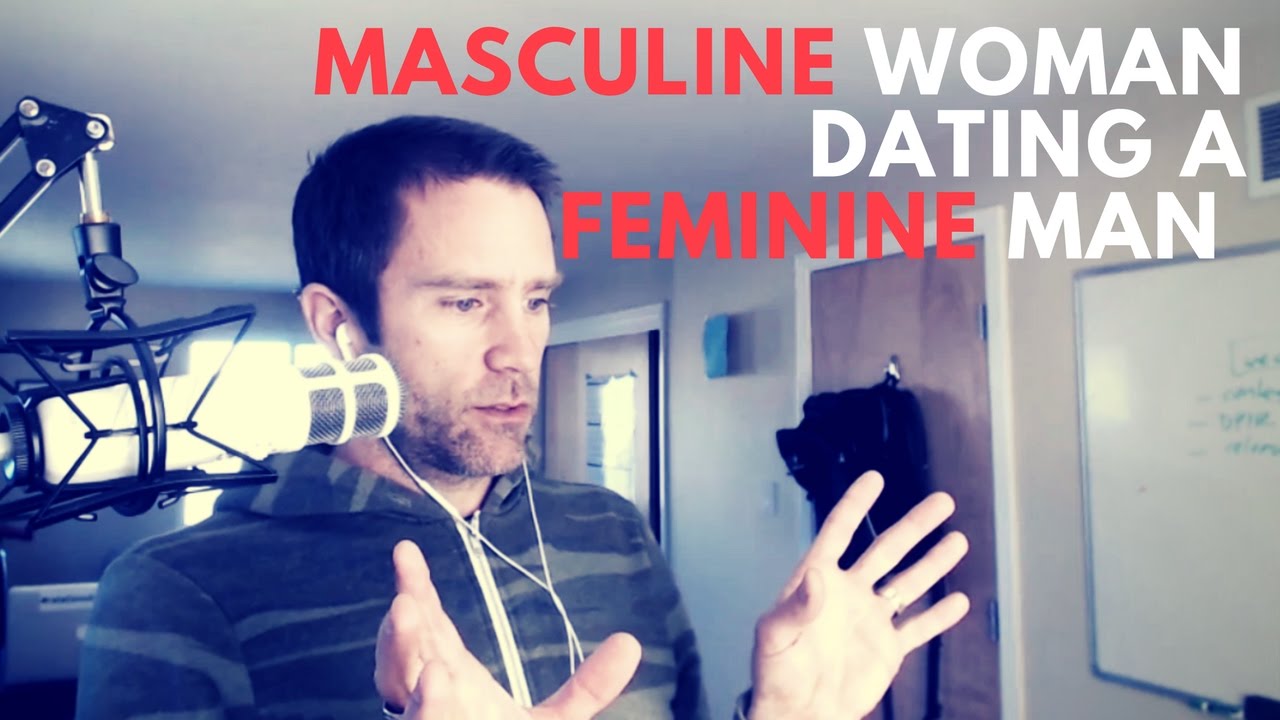This post is designed to help you repair a “hurt” or a relationship conflict. “Conflict” is defined as a fight, disagreement, argument, or silence, distance, and lack of communication. Essentially there has been a “rupture” in your connection and now one or both of you feel off.
So, here are a few steps we teach at The Relationship School to help you get connected again.
1. Take Space. You have already taken space by setting a boundary (calling a timeout, taking a few breaths, etc.)
2. Get very clear about what happened on your side. You take space so you can get clear on what happened and what you can take full responsibility for. Remember, each party has 100% responsibility for a total of 200%. You own your 100%.
Get outside help if need be to help you see your blind spots. Sometimes we cannot see the whole picture alone. We’re not always trustworthy tracking our own stuff. Chances are you may have a blind spot, so find at least 3 people to challenge you on your side of the story. A true friend and mentor will challenge you here as well.
If you’re at a loss for your part, just ask your partner. They will most certainly have an opinion on what you did or didn’t do. Be open to it being valid in their experience.
3. Get consent from the other person and find a neutral space. Find out if they are ready and available to have you clean up the mess or the hurt. It’s important to not move on to step 2, until you complete step one – UNLESS they are open to co-figuring out what happened together (often a yellow repair).
I like to lead with vulnerability. Something like, “hey, I’d like to clean up what happened between us. I’m more clear on my part and how lame I was. Are you open to a dialogue?” Or, “hey spouse, I’m really scared to go here, but I’d like to try and clear what happened between us. Are you willing?”
4. DO NOT lead with an apology. You may do that at the end, but only after full ownership and impact are understood. Review this podcast if you need a reminder.
5. Own it. Summarize your understanding from your experience. Own it as your experience and that you have a limited memory (like all of us) and that you are open to not having the details just right. Make sure they are cool with you going first and owning your part. Make it clear that you are not going to go first to blame them or tell them what they did wrong. You’re going first so you can own your part.
“What I remember was that when you said/did ______, I reacted. I then raised my voice/shut down, etc.”
Begin to OWN where you went off the rails, got triggered, hooked, checked out, blamed, got aggressive, whatever.
For example, when I had an emotional affair with my GF, I was angry and hurt. But I didn’t get to that until I got outside help. At first, I was almost indignant that she was so impacted. And, I justified it was “just flirting.” “What’s the big deal?”
But because I care and am self-aware, something felt off, so I went and got some feedback from a seasoned therapist and my men’s group. In other words, I took a deeper look.
Instead, try something like, “hey honey, why did I ‘act out’ like that? My best guess is that I’m angry at you. Below my anger is hurt. I’m hurt that you are not in this meditation community with me, doing the work alongside me. Instead I feel judged by you. I’m also feeling both engulfed in our relationship, and also unseen. Acting out like this is my lame way of saying ‘fuck you’ and it’s a way of getting space and getting noticed.”
Now, that took a few therapy sessions to get to, but I got there and eventually owned it with her.
6. Get their world. What must it have been like to be in their shoes…Ask them, “I’m curious what it’s like for you that I behaved that way?”
Really get them and their experience. Get the impact your behavior had on them. See the tool “LUFU” for the process of getting someone.
7. Validate (included in LUFU steps, but worth repeating here). Next, validate their experience. “It makes sense that you feel/felt that way because XYZ.” See “validation” tool for more.
Example: “It makes sense that you shut down (their behavior or action) because I raised my voice (my behavior that upset them) at you.”
Validation works best if you actually mean it, get it, and you’re in your heart/body.
8. Ask them if you got it right. “Did I get it right? Is that what it felt like to you?”
Don’t move to the next step until you feel confident that you are understanding them. They will give you some green light. Then, move on to the next step.
Speak slowly and very matter of fact. If you “escalate” or get triggered in the process, you might not be ready to clean this up. Be careful of letting their reactions to you sharing, trigger you back into something else.
Rule of thumb: As we say in LUFU, you don’t understand them until they say they feel understood, period.
9. Ask them if this all makes sense to them. “I know what I did/said wasn’t right or it was hurtful to you, and, does it make more sense now, that I behaved this way, given what I shared?”
10. Own a deeper layer (optional). Ask them if it’s okay with them that you share a deeper slice. What is this issue really about for you? If you’ve done your homework, you might be able to connect this to mom, dad, or your past in some way. Our past shows up in current relationships, so let them know that the whole thing is not about them, that they remind you of your parents or whatever is true. Let them know you’d like to be understood here.
Example: “Honey, when I went and worked on this, I see that when you did X, it reminds me of my mom doing X and I can’t stand that. I have a lot of judgements and baggage with her and I project that onto you. This really isn’t about you, even though my animal brain makes it about you. This is between me and mom. I’ll take that to my relationship coach and work on it so I can see you more clearly.”
11. Commit (without making unrealistic promises) that you will do your best to behave in a way that honors them and you.
Example: “Moving forward, I want to keep working on the real issue (which is about mom, etc.) so that I can see you and love you more clearly”, or “I’m committed to behaving (name exact behavior) differently in the future, and I’m a work in progress here”.
Consider committing, like in the 10 Agreements, that you will completely commit to working through any and all conflicts.
12. Ask them if there’s anything else they need to feel complete, to close the loop on their side.
13. Share with them if there’s anything else you need from them to feel complete.
Want a deeper cut and experience this in real time? Come join our weekend on how to work through conflict. You can join from anywhere in the world, right from the comfort of your own home. Just click here to register and you can bring a friend for only $97.











